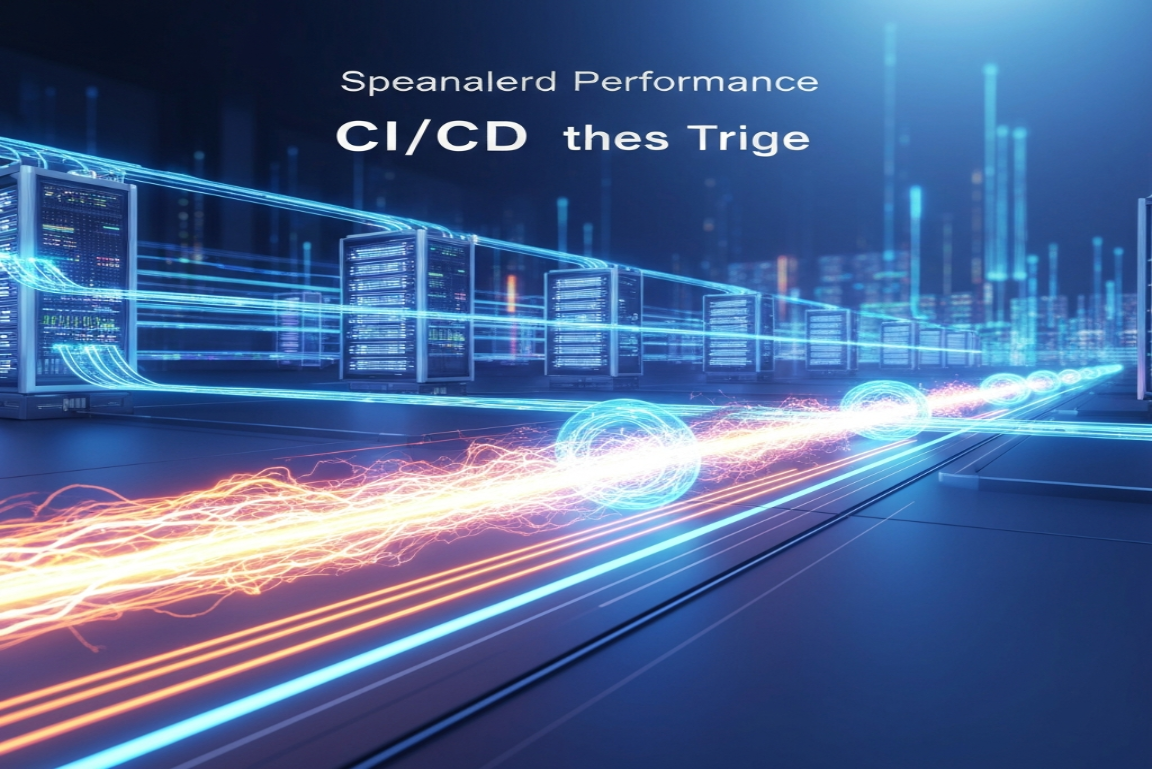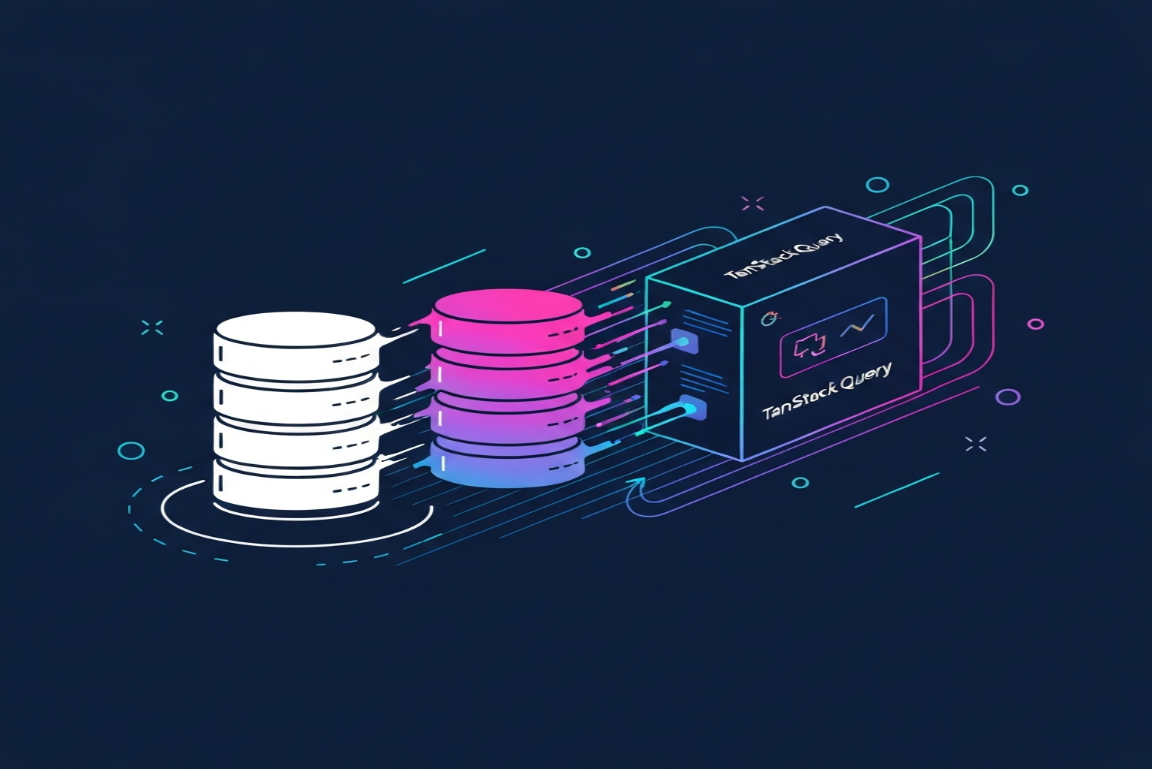
Socket.IO Security Unveiled: Mastering Authentication & Authorization for Robust Real-time Applications
Socket.IO Security Unveiled: Mastering Authentication & Authorization for Robust Real-time Applications Divya Pal 4 February, 2026 In the dynamic landscape of modern web development, real-time applications have become indispensable, powering everything from chat platforms to collaborative editing tools. At the heart of many of these interactive experiences lies Socket.IO, a powerful library enabling low-latency, bidirectional […]

.webp)
 In the modern era of technology, ensuring privacy and security has become increasingly crucial. With constant news about data breaches and privacy breaches, the demand for strong cryptographic methods has reached new heights. Introducing a revolutionary solution,
In the modern era of technology, ensuring privacy and security has become increasingly crucial. With constant news about data breaches and privacy breaches, the demand for strong cryptographic methods has reached new heights. Introducing a revolutionary solution,


